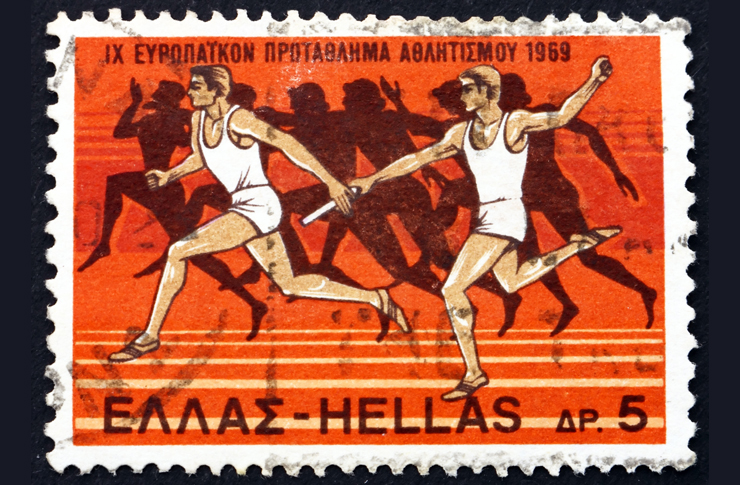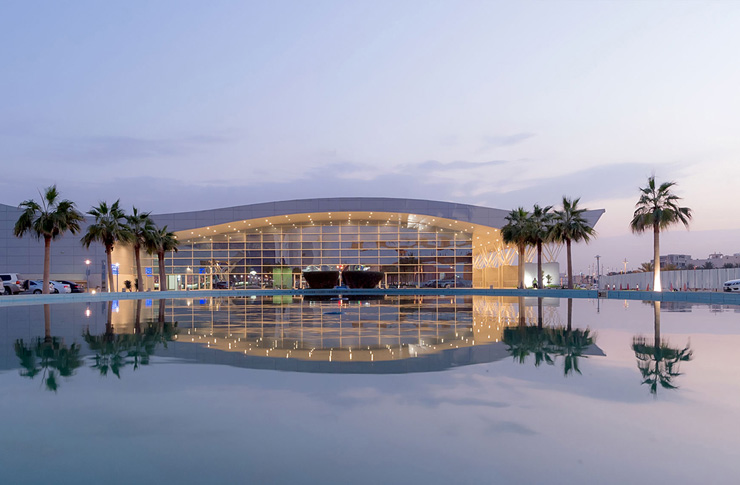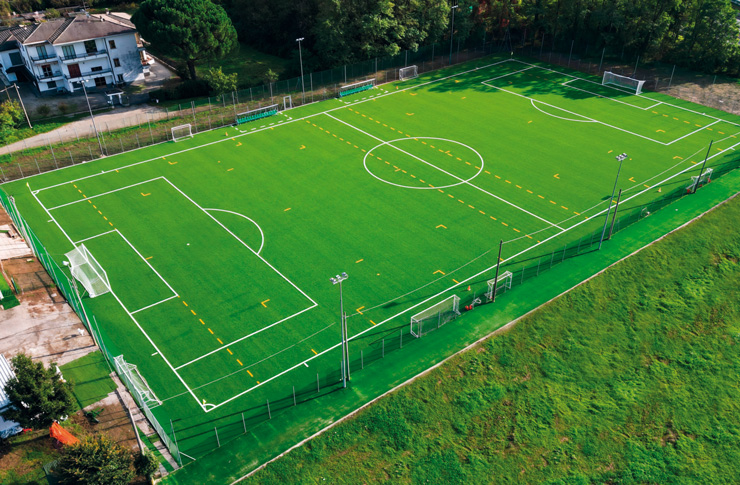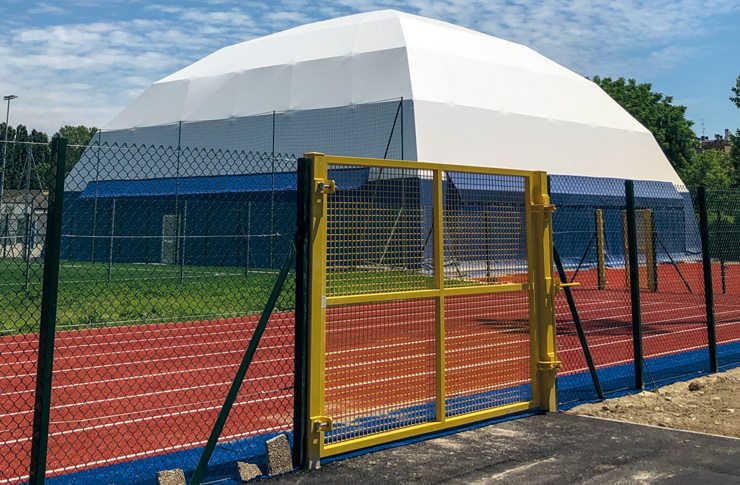Faced with the difficulties we are demonstrating in completing (sometimes even starting!) the works necessary for the holding of major sporting events, one wonders what the real advantage is in wanting to take them on and whether the cost/benefit balance is ultimately positive.
Costs and benefits of major sporting events

A stamp printed in the Greece shows Relay Race and Runners from Amphora, 525 B.C., 9th European Athletic Championships, Athens, 1969 (ph. Boris15/Shutterstock).
All the analyses made on past Olympic Games show first that the costs always exceed the cautious initial budgets, and by a lot (the Sochi Winter Games in 2014 would have cost 289% more than expected).
Recalling analyses by the Banca d’Italia (reported by Eleonora Maglia for the Centro Luigi Einaudi) on the long-term effects of events such as the Jubilee in 2000 and the Winter Olympics in 2006, it appears that these can have a lasting influence on employment levels and tourist flows, but the overall macro-economic effects are generally transitory.
The real benefits – as opposed to the huge costs – occur if the opportunity is seized to turn the social and territorial development of the communities involved in the event around.
Unfortunately, in Italy this logic is applied in a distorted or at least inefficient way: there is the race to win the candidacy with broad promises of a legacy on the ground, but immediately afterwards beginning to clash with the mechanisms of appointments to the management committees and the distribution of funds, even before the tedious procedure of projects, contracts, works to be carried out sometimes, paradoxically, after the event is over.
Whether it is due to errors in the conception of the events, bureaucratic slowness, or political jealousies, the result is there for all to see, once again, with the state of progress of the works for Milano-Cortina and the Mediterranean Games, events that are to be held in 2026 but have been assigned to us in 2019: more than four years lost and costs that have risen out of all proportion.
A direct consequence of our delays is the loss of international credibility: already the assignment of the 2028 Winter Youth Olympics, for which we were the sole candidate proposing to reuse the 2026 facilities, has been suspended by the IOC pending alternative proposals.
On the other hand, those who can take the costs of big events lightly are those who do not have budgetary problems: Saudi Arabia will host the Asian Winter Games in 2029, even though it is not known for its snow-capped mountains but is the only one willing to spend huge sums of money to be able to hold them.
Curiously enough, Italy is somehow back in the game here: the Saudi Arabian Winter Games will be held in Trojena, a hitherto uninhabited mountainous location, where a ‘city of the future’ will be built with facilities for 100 different sporting activities, and three artificial lakes with colossal dams with futuristic outlines, already contracted to the Italian company Webuild for a value of USD 4.7 billion.










